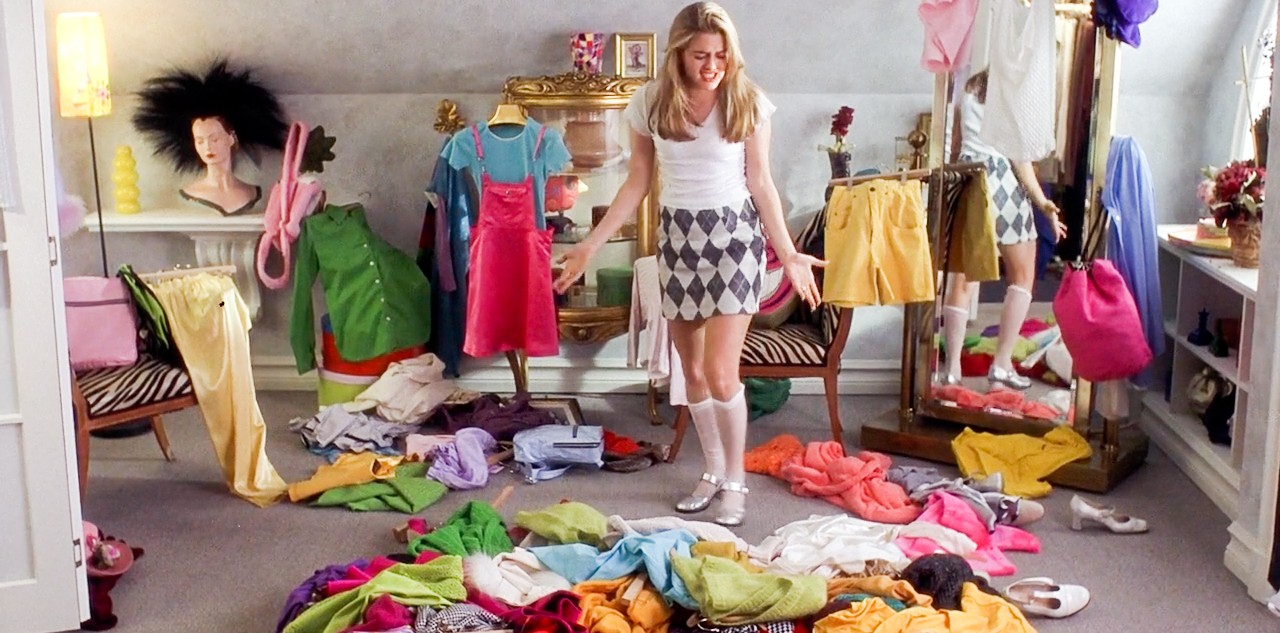Can you cut 1 Tonne of carbon pollution out of your life?
Take the challengeWe must come to terms with the fact that "stuff" is not happiness, it is a distraction from the true contentment we can feel.
Last year I attended a lecture about consumerism, after the lecture my friend and I were horrified. We suddenly realised our lives were based on a marketing scheme to get us to buy more and proliferate our capitalist society.
We realised everything we buy, everything that we think makes us happy, everything that we think validates our individual self is really based on a form of propaganda used to make people spend more money and essentially turn us into, "Happiness Machines" on a constant pursuit of happiness that we assume comes from the things we buy.
Advertising turned something from just a product being acclaimed based on its practicality and efficiency, to a product with symbolic connections to our human desires. Individuals are now hyper-consumers , obsessed with continuous transformation of oneself and being overcome by our desires, which were taught to us in the first place.
However, self-worth and happiness can be derived from less tangible things. In order to stop over-consumerism, we must come to terms with the fact that "stuff" is not happiness, it is a distraction from the true contentment we can feel.
When a person buys a new car because they think it will make them look more powerful, classy and cool, they are succumbing to this preordained concept within society, that material possessions can enhance ourselves, they can make us "cool" or "attractive" or "powerful", ultimately a way to obtain our desires, and this drives our capitalist society, and essentially is the main contributor to over-consumption.

People buy and buy and buy to validate their self-worth. But this is a concept that has been taught in society, and can easily be untaught.
Over-consumption is a major contributor to climate change, the things we buy don't just disappear into thin air when we are done with them, they have to go somewhere. We think of the things we buy as something we NEED to make ourselves look better or feel better, but we all must start thinking, where does this go? What happens when I am done with it? Who made this? Where did it come from? WHY am I buying this?
Simply buying to make yourself feel better is a type of short term gratification. Once the hype wears off from your purchase, you'll be searching for the next thing to make you happy, and that is the cycle of consumerism in our society. And the constant "latest editions" and "upgrades" to everything we own simply proliferates this incessant buying.
So, how do we change a mindset, that has been so prevalent in society since the 1940's?
We think about the bigger impact of things! We think about the life behind everything we buy, think beyond just that you want this new dress because you have nothing to wear this weekend, think about the fact that every time you buy something from big brands and chains, you are contributing to this mass consumption circus we call society.
This new mindset is being called Green Consumerism, however it is not devoid of it's problems, such as taking the responsibility from mass corporations who are the main contributors to the problem and putting it on the individual consumer's shoulders. However, personal behaviour change is the first step to convince governments and big corporations to change as well.
How to consume with care
There's never been a better time to kick-start your Low-Carbon Life with the 1 Million Women Carbon Challenge.
We will help you to make more environmentally responsible actions in your life and guide you on ethical consumption of the Earth's resources.
What you can do
Reduce what you buy and always ask: Do I really need this?
You can reduce your overall consumption by questioning all significant purchases and resisting impulse buying. Before purchasing, give yourself at least a day or two to cool off.
savings pledged


